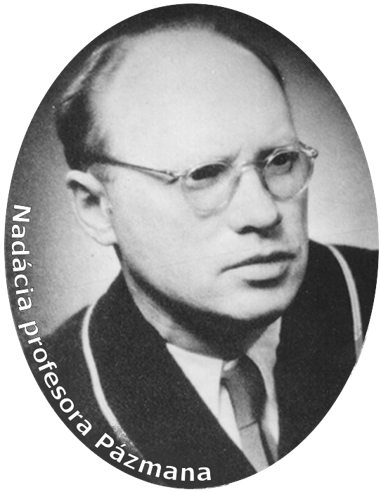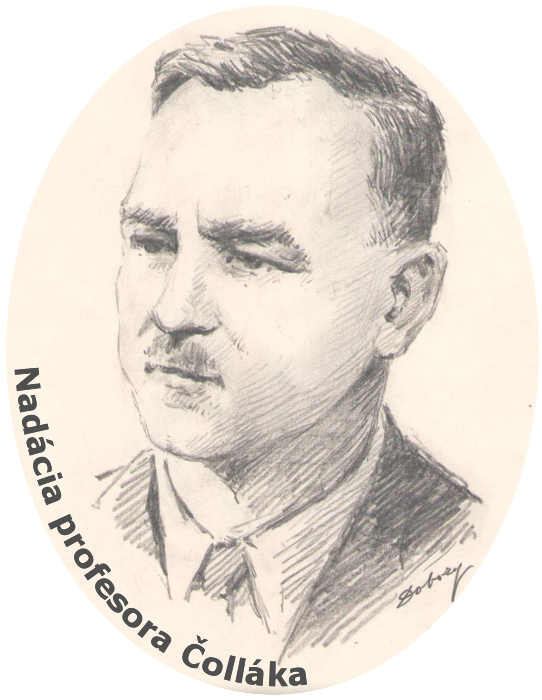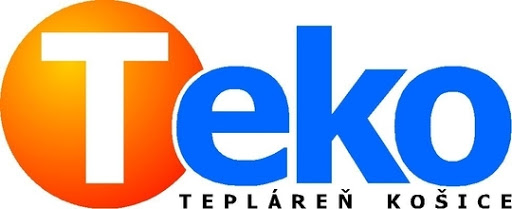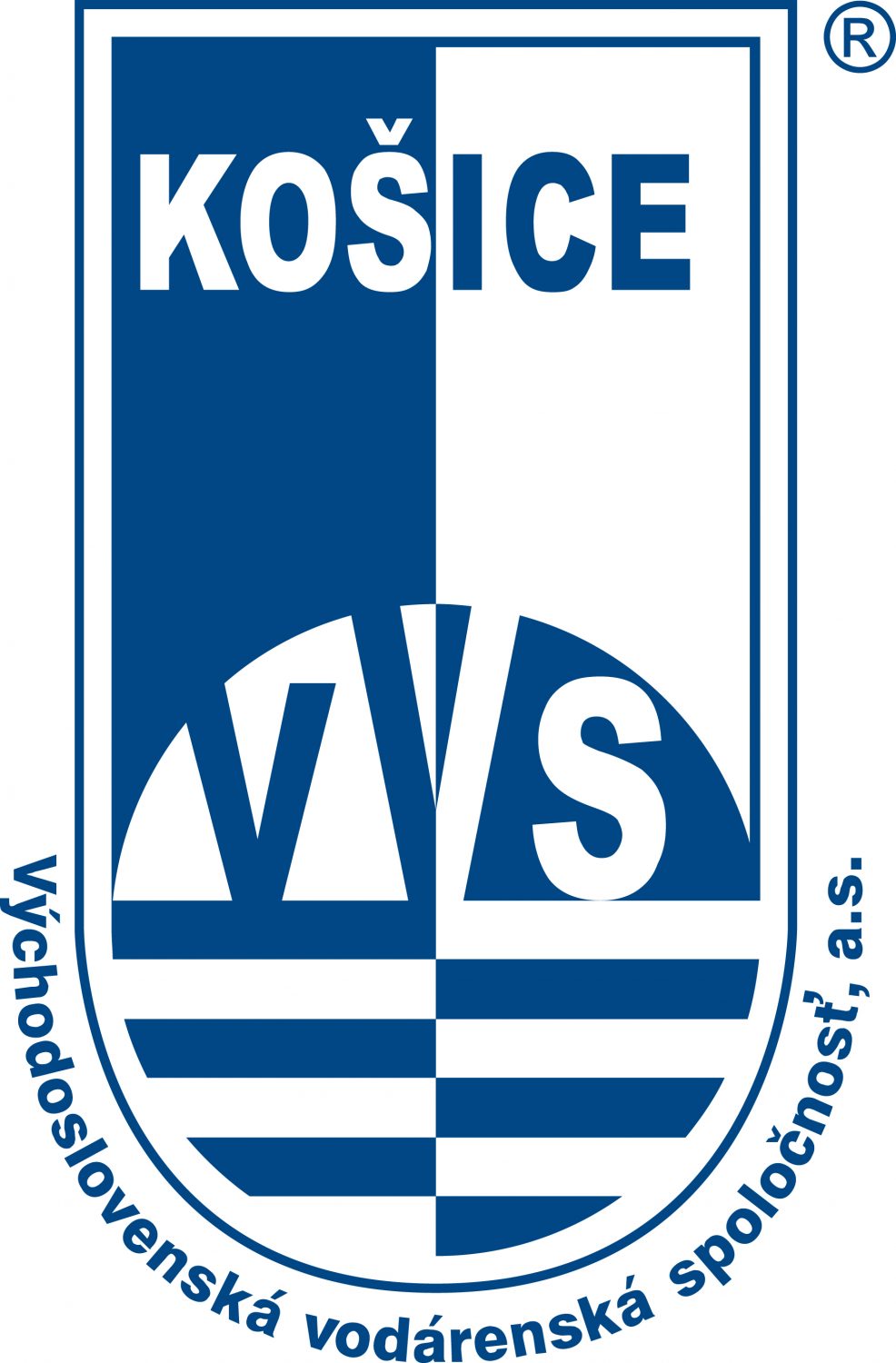Course period: 2.
Year of study: 1. FT, 2. PT
Compulsory optional module
The aim of the course is to provide students with basic knowledge of game theory. The student will gain an overview of the basic types of games that can be applied to real situations, he will be able to find optimal strategies in various decision-making situations, whether it will be a situation corresponding to non-cooperative games or cooperative games, in which he also learns to work in team. Students will also practice the connection of game theory with real situations in voting games, where it is important to know which coalitions are advantageous and why. The student will get acquainted with the basic models of the market and with the basic types of auctions.
Brief module description:
- Basic concepts of modeling conflict situations.
- Games in normal form, games in extensive form, non-conflict decision situations.
- Two player games. Definition of antagonistic conflict. Matrix games and methods of their solution. Optimal player strategies, their existence and properties. Fictitious game method, dominance in matrix games.
- Bimatrix games.
- Endless antagonistic conflicts - finding a balanced strategy of the game.
- Von Neumann-Morgenstern utility function.
- Decision making for risks and uncertainties. Games against nature.
- Non-cooperative games n players. Equilibrium points in pure and mixed strategies. Optimal decision making in non-cooperative games.
- Cooperative games n players. Coalitions and their characteristic functions. The core of the game. Shapley's value of the game.
- Voting games. Shapley force index. Banzhaf's strength index. Coalition formation theory.
- Market models in game theory. Monopoly, duopoly, oligopoly.
- Introduction to auction theory.
- Applications of game theory in the economic environment, paradoxes of economic laws.













